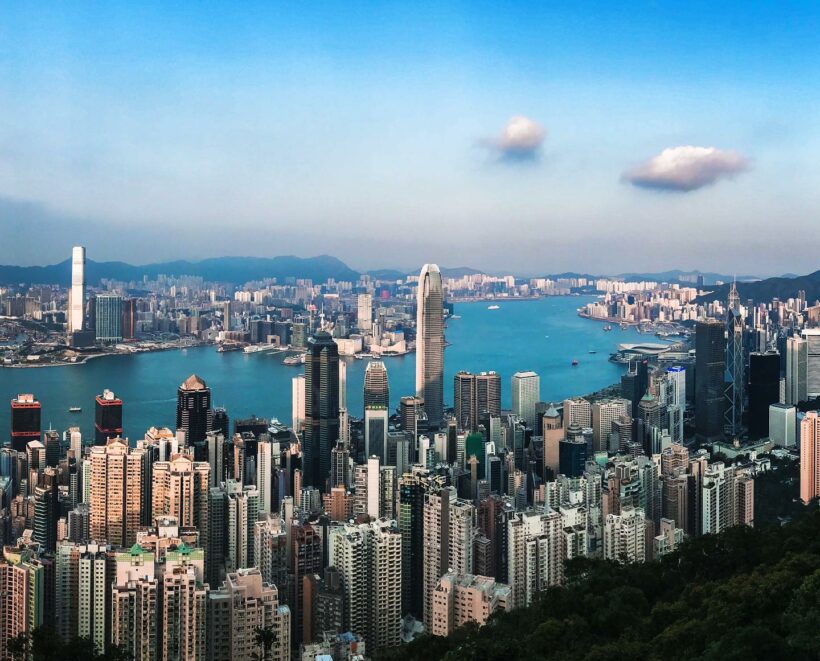In ancient China, the concept of “Tianxia” (天下) played a central role in the conception of governance and international relations. Literally translated as “everything under heaven”, the term Tianxia represents a vision of a unified and harmonious world, where all nations and cultures coexist in balance and prosperity. The idea of Tianxia is based on the belief that there is a cosmic order in the universe and that rulers have a responsibility to rule wisely and benevolently to maintain this order. According to this philosophy, the Chinese emperor was the supreme ruler, to whom the Mandate of Heaven was attributed, and his mission was to ensure peace and prosperity both within Chinese borders and in relations with other states.
By Mauricio Ramírez Núñez
Such a concept was created during the Zhou Dynasty four thousand years ago, Chinese philosopher Zhao Tingyang claims that politics has two starting points for the formation of its genes; the Greek polis that gave rise to state politics and the Tianxia system, which gave rise to the idea of a world politics. In the Tianxia context, harmony and stability were achieved through the establishment of a network of mutually beneficial and respectful relationships between nations. Rather than seeking domination or conquest, the idea was that rulers should encourage cooperation, trade and diplomacy to maintain balance in the world under that old teaching of Master Confucius that virtue endures and force is fleeting. In practice, this meant that China sought to establish alliances and trade relations with neighbouring and distant states, based on principles of reciprocity and mutual benefit. Cultural, commercial and technological exchanges were valued and the non-violent co-existence of diverse cultures and political systems was promoted as the earthly order should replicate the order of heaven, which is harmonious and excludes no one.
The concept of Tianxia was not only limited to Chinese governance, but also encompassed interaction with foreign states. Chinese missionaries, diplomats and merchants were sent to other countries as representatives of Chinese civilisation, as well as to establish friendly and cooperative relations. This non-violent and respectful approach to international relations differed from the Western view of conquest and domination. From this philosophical perspective, domination by force of arms and violent conquest is not politics but mere domination. For traditional Chinese political thought, true politics is to make universal collaboration and common life an art. As the modern world has evolved and structures of power and governance have changed, the concept of Tianxia has acquired new interpretations and meanings. In the 21st century, some Chinese scholars have proposed a vision of Tianxia as a model of inclusive global governance, based on cooperation and mutual respect among nations.
This contemporary vision of Tianxia emphasises the importance of global collaboration to address common challenges such as climate change, poverty, conflict and inequality. Instead of a unipolar or bipolar system of domination, it advocates an interconnected (multipolar) global community where all nations have a voice and participate in decision-making. This Tianxia approach implies a deeper understanding of interdependencies and the need to seek collective solutions to global problems. Rather than imposing a particular value system or ideology, it seeks to foster dialogue and understanding between different cultures and perspectives to find inclusive and sustainable solutions.
In an increasingly interdependent world, the concept of Tianxia invites us to reflect on the importance of overcoming barriers and divisions to build a community of shared future, as President Xi Jinping has called it. Economic interdependence, migration, transnational threats and environmental challenges require a joint and coordinated response. The vision of Tianxia as a model of global governance seeks to promote equity, justice and cooperation among all nations, regardless of their size or economic power. It is a way of thinking in which national interests are intertwined with global interests, recognising that only through collaboration and mutual respect can we address the problems and seize the opportunities of the 21st century.
In addition, the concept of Tianxia also reminds us of the importance of individual and collective responsibility in building a better world. Each of us, as citizens of the world (not from a Western globalist perspective), has a role to play in promoting harmony, justice and sustainability. From our everyday actions to our policy engagement and citizen participation, we can contribute to building a more just and equitable world order.
However, it is also important to recognise that the practical implementation of Tianxia’s vision presents significant challenges and obstacles. Cultural, political and economic differences can make it difficult to build consensus and promote global cooperation. Moreover, the balance between national sovereignty and international cooperation raises questions about how to find common ground without undermining the diversity and cultural identity of nations, as we have witnessed under the Western-imposed neoliberal globalisation model. Despite these challenges, the concept of Tianxia invites us to reflect on the kind of world we want to live in and the role we play in its construction. Promoting an inclusive approach to global governance based on cooperation and mutual respect is fundamental to addressing global challenges and creating a sustainable future.
Ultimately, the concept of Tianxia reminds us that we are interconnected and that our individual and collective actions have an impact on the world we live in. By taking a broader view and embracing the values of equity, justice and mutual respect, we can work together to build a more harmonious and prosperous world order, where all nations and cultures can coexist in peace and collaboration.
Mauricio Ramírez Núñez, Academic






